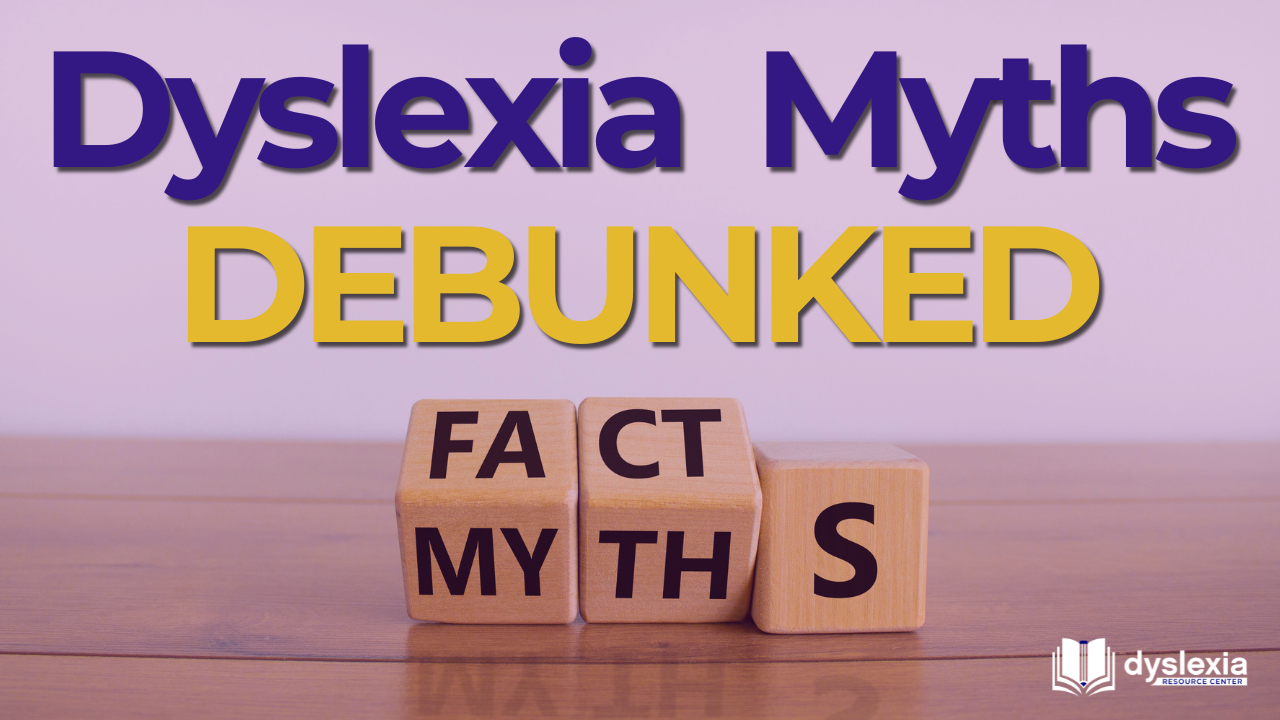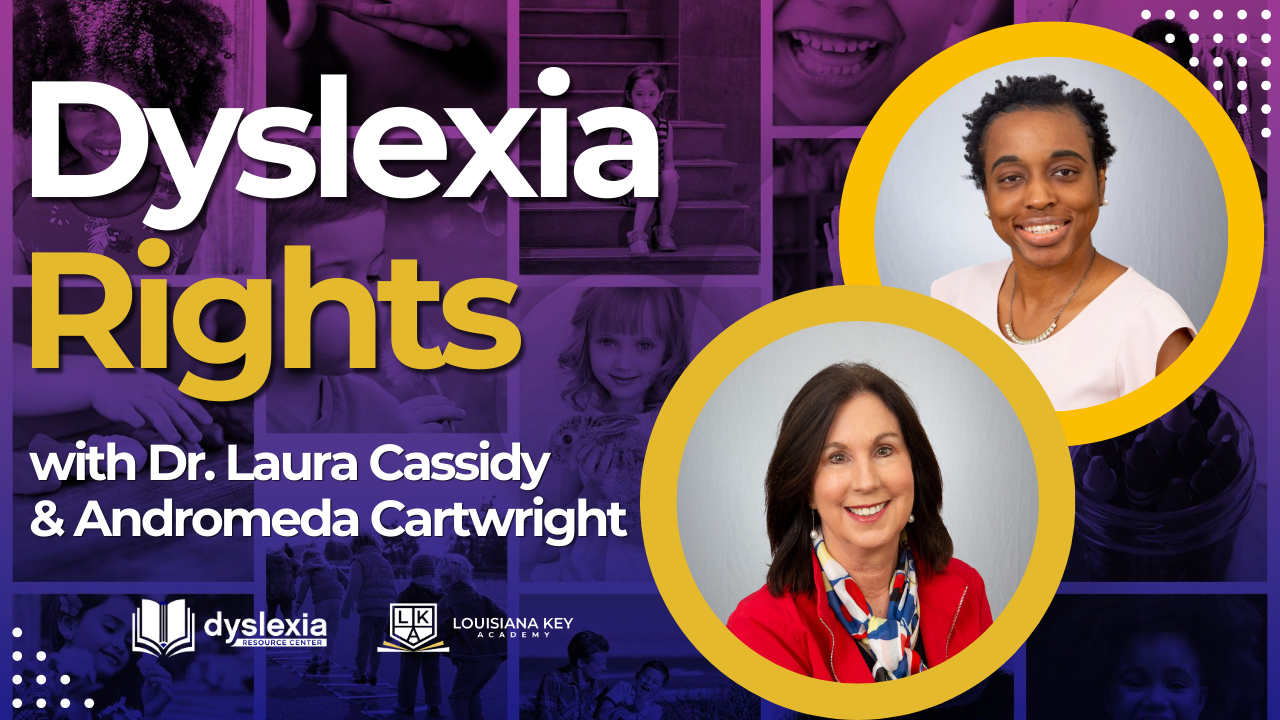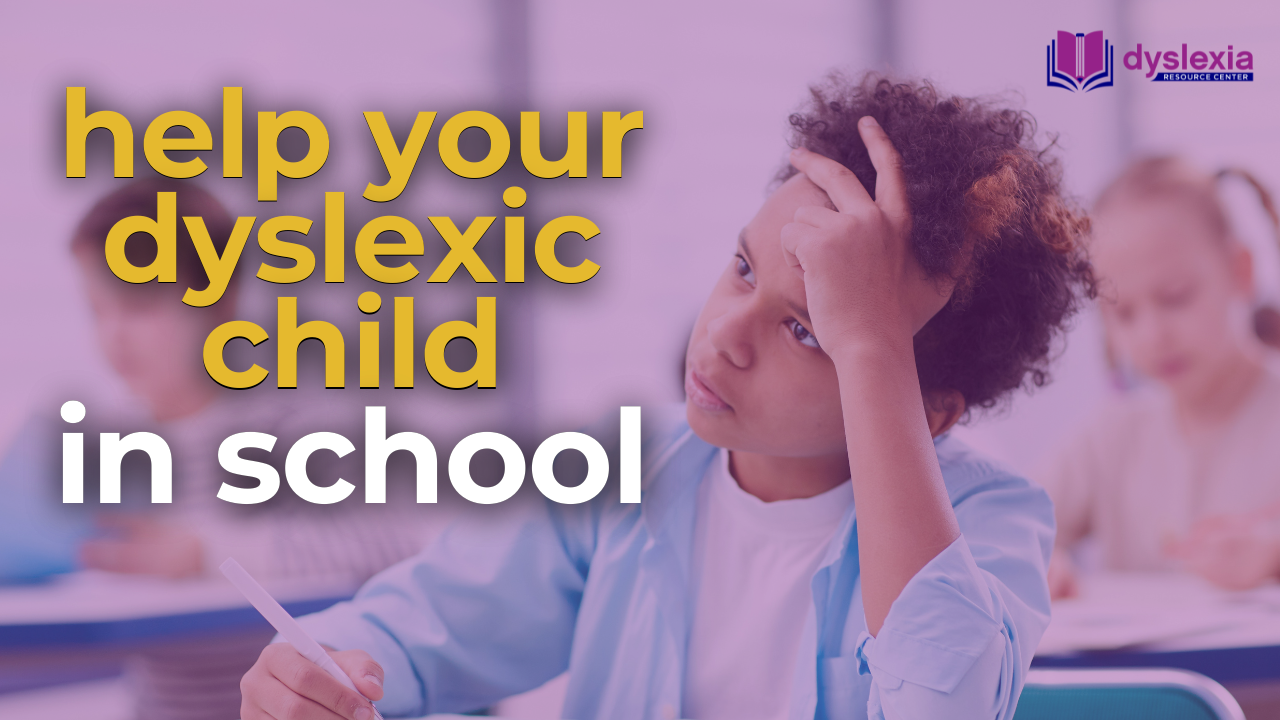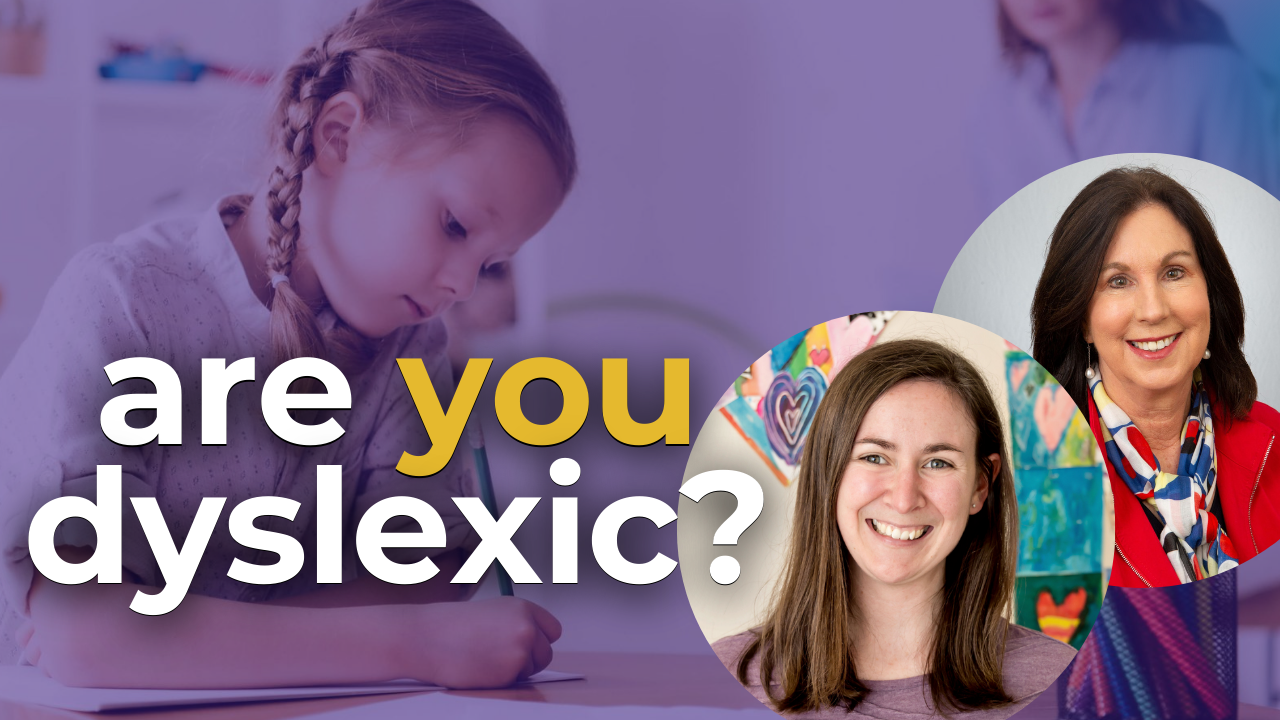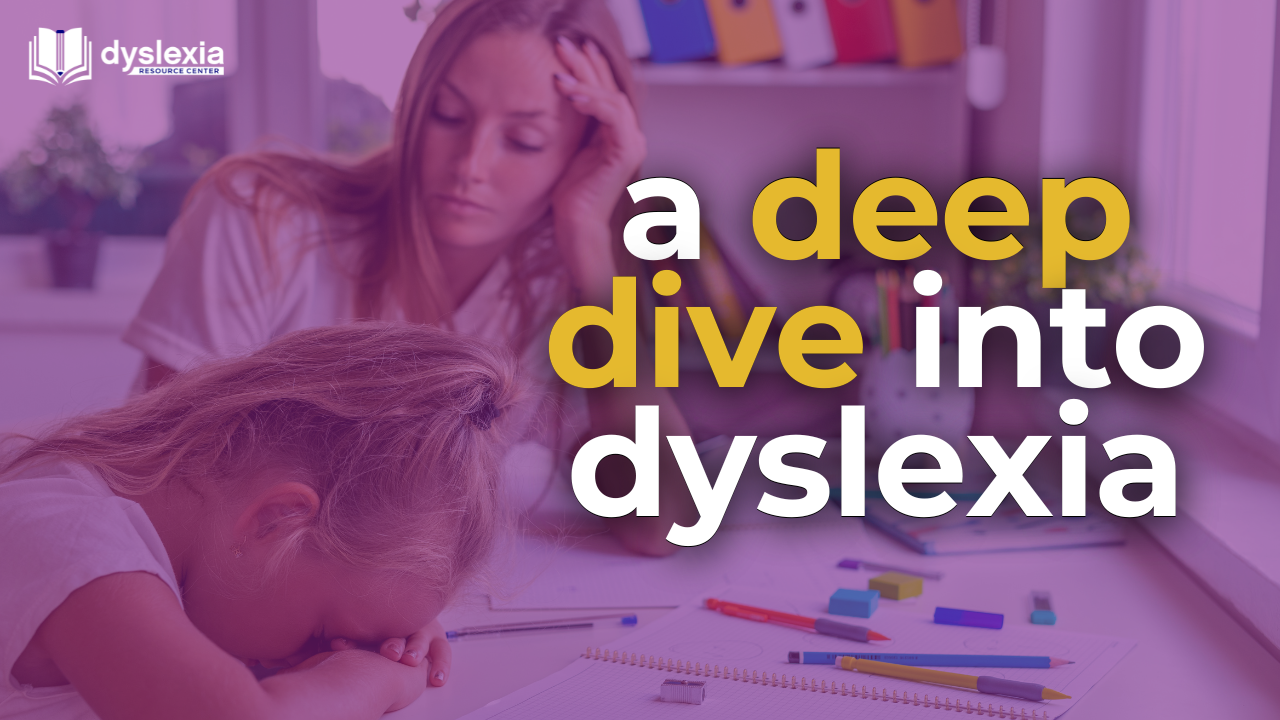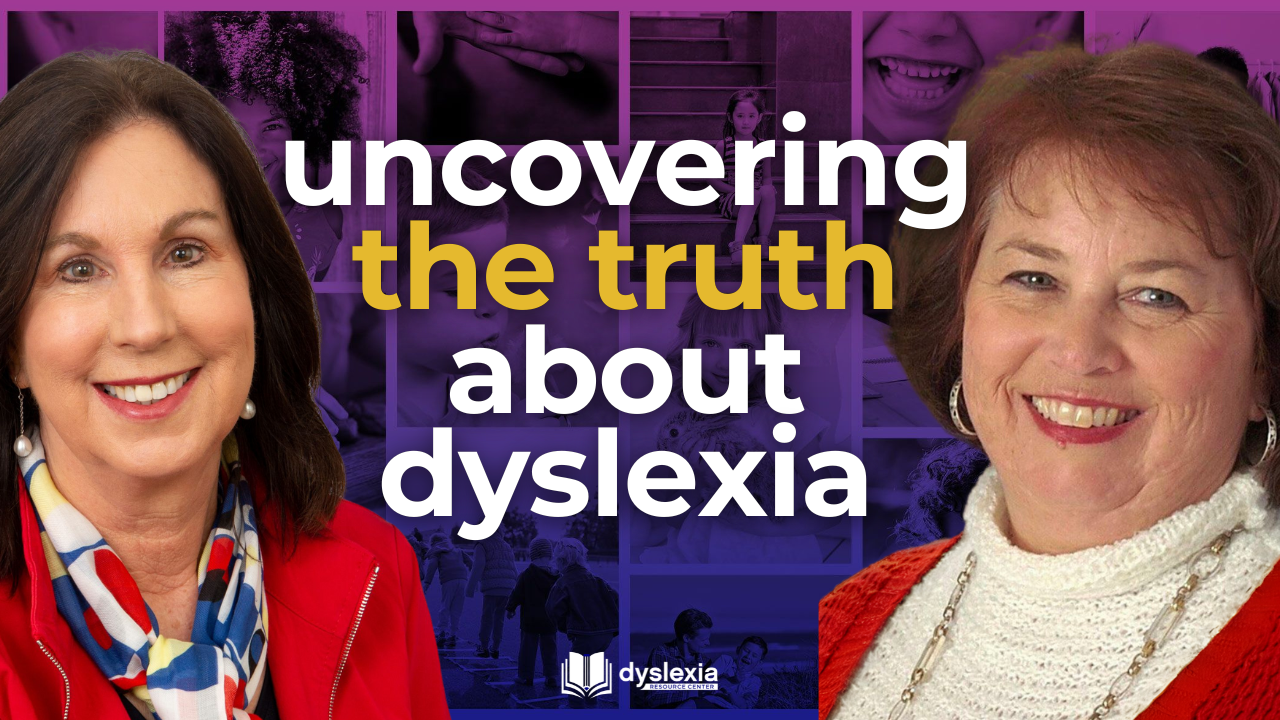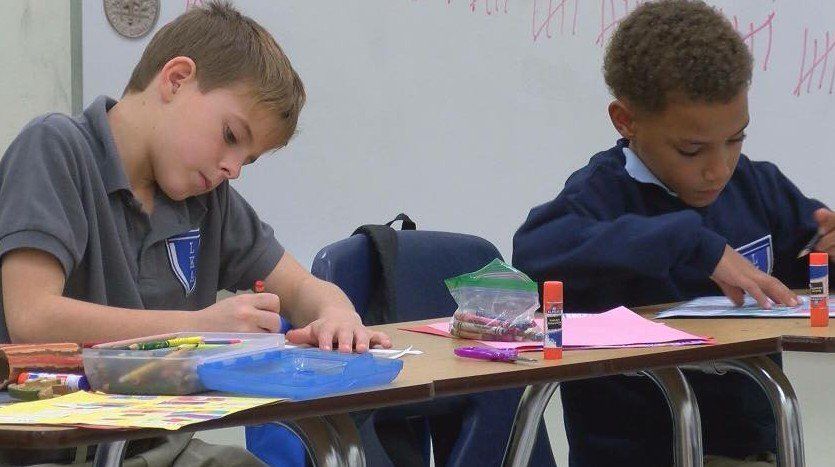Call Us (225) 384-5484
The Best Tutor For Your Child Described In Detail

Tutoring a dyslexic child
First and Foremost-
You want someone who understands dyslexia and understands a child’s strengths and their weaknesses. Teaching them to read and write can be hard so a tutor must let them show off their strengths. It might be a sport, art, music, or loving their pet. Reaffirm constantly. Be patient.
A child must learn they need to pull words apart and connect the written text with the sounds of spoken language.
The tutor should understand that dyslexic children can have difficulty with word retrieval, especially if anxious.
Your child needs more than an Orton- Gillingham lesson/tutor. These lessons are good but these alone will not suffice.
Your child needs to read books that are of interest and that are grade appropriate out loud with the tutor. Gentle correction from a trusted tutor is important. The tutor should encourage the student to talk about the story after a few pages or a chapter, discuss the vocabulary, and relate it to the child’s interests. Maybe they can write about the story together. Let the child dream about the story and hopefully understand the treasure of reading a book.
The tutor needs to understand that dyslexics often have difficulty in math. Math has language too. It is not a separate process.
Spelling is difficult for dyslexics but reading out loud will help. Tutors should not give spelling tests or spend precious time on spelling.
The tutor needs to see your child several times a week for an hour or ninety minutes.
Good tutors know dyslexics often have ADD/ADHD and can tutor a child that wiggles or wonders.
A good tutor loves and laughs and understands the tremendous potential of your dyslexic child.


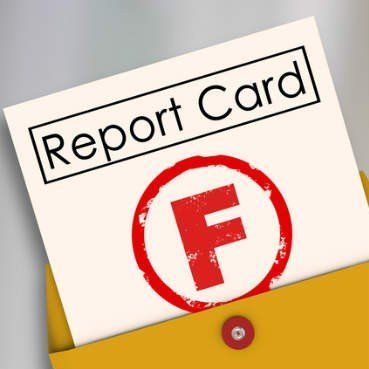
Quick Links
What is Dyslexia?
Dyslexia Services
WHO WE ARE?
The Dyslexia Resource Center was started by a group of concerned parents, medical doctors, and advocates who simply want everyone to know the truth about dyslexia, based on the most current science, and how that knowledge can translate into success in the classroom.
WHAT IS DYSLEXIA?
An unexpected difficulty in reading for an individual who has the intelligence to be a much better reader.
All Rights Reserved | Dyslexia Resource Center

